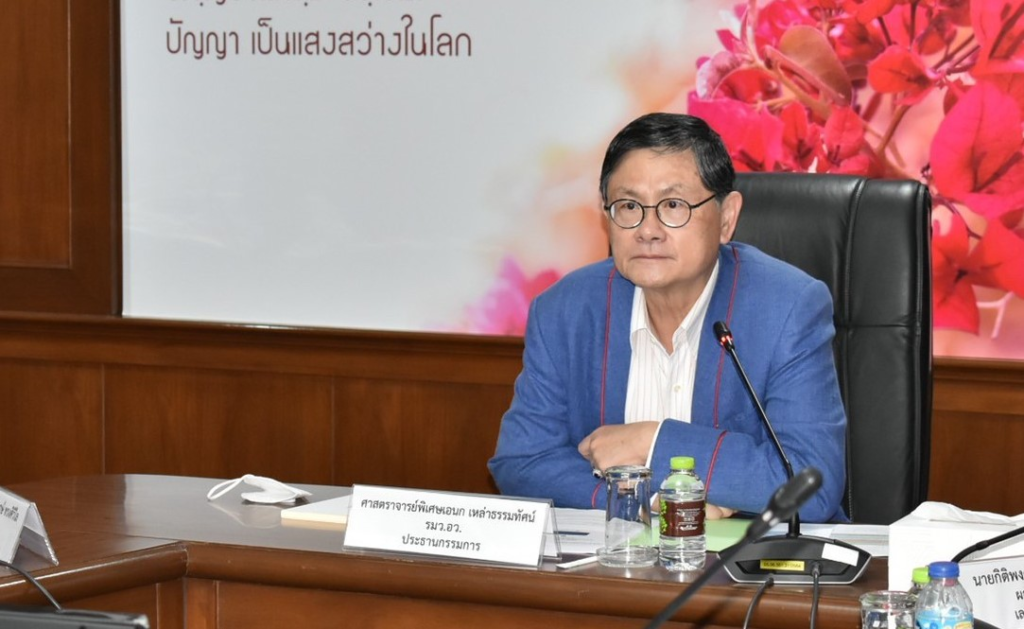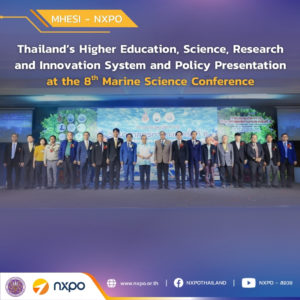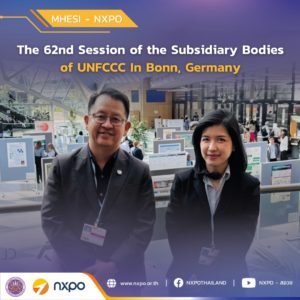The Ad Hoc Committee on Higher Education Innovation of the National Higher Education, Science, Research and Innovation Policy Council (Policy Council) convened on 12 September 2022. The meeting was chaired by Prof. Anek Laothamatas, Minister of Higher Education, Science, Research and Innovation (MHESI).

The committee approved the following four courses to be piloted under the higher education sandbox:
- Emergency medicine course by the HRH Princess Chulabhorn College of Medical Science in collaboration with a network of six universities, the National Institute for Emergency Medicine and the Praboromarajchanok Institute. The course is expected to produce 15,000 licensed emergency medicine practitioners in 10 years.
- High-tech entrepreneur course by the International School of Management (iSM) of the University of the Thai Chamber of Commerce (UTCC) in collaboration with Harbour.Space University of Spain, Chamber of Commerce and Board of Trade of Thailand and enterprises. The course aims to produce 400 technologists with frontier knowledge in 7 years.
- AI and digital engineering course by CMKL University and AI Engineering Institute in collaboration with a network of six universities. The course aims to produce 1,880 graduates in 8 years.
- Science and innovation course by Thailand Academy of Sciences (TAS) in collaboration with academic and research institutes. The course is expected to produce 175 graduates in 9 years.

The goal of higher education sandbox is to design an education system that will produce high quality workforce to fulfil the needs of the labor market at a more rapid pace, putting the focus on classroom learning and work experience.

NXPO President Dr. Kitipong Promwong in his capacity as the committee secretary reported that the sandbox working group gave an approval in principle to 8 sandbox applications and was in the process of reviewing 169 applications. The courses were proposed under several collaborative frameworks such as the collaboration among a network of universities, the collaboration between university and industry, the collaboration between university and professional organizations and the collaboration between Thai and foreign universities.

The meeting pointed out that the sandbox courses should aim to achieve outcome in a short period of time in order to response to the fast-changing world and that the KPIs should link with the country’s goal in order to demonstrate its role in driving the national development. The committee also suggested that the sandbox courses should strive to engage all sectors including the government, industry and international partners.













